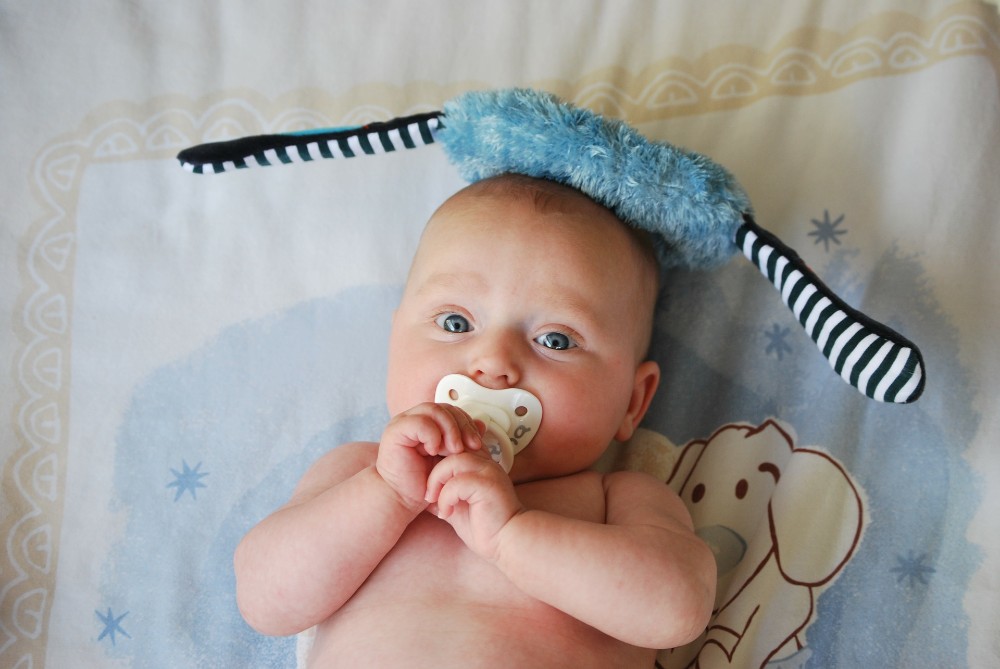Sleep is a very important physiological activity for humans, and the importance of sleep for infants is certainly not negligible. The quality of sleep of infants and children is directly related to their development and cognitive ability. Check out baby stores online Malaysia to buy a comfortable mattress for your baby.
Stats of baby’s sleep
Your baby will be most productive at bedtime and naptime.
- While in the womb, babies spend 80% of their time in active sleep.
- From the time they are born until they are two years old, children spend more time sleeping than awake.
- 40% of childhood is spent in slumber.
- They spend half of their sleep in the active period until they are 6 months old (REM sleep).
Not surprisingly, the brain is busiest expanding during these early stages of life.
Phases of baby’s sleep
Your baby, like adults, goes through two types of sleep: active (rapid eye movement, or REM) and quiet (deep sleep) (non-REM).
Active sleep. Connections between key neuronal (brain cell) cells are made. The brain essentially lays the tracks for everything it learns, cutting out connections that aren’t utilised. Dreaming occurs during active sleep.
Quiet sleep. Blood flow to the muscles is boosted, energy is replenished, and tissue development and repair occur.
Importance of baby’s sleep
While it may appear that your infant is simply getting some z’s, the truth is that they are undergoing significant physical and mental growth throughout their sleep. During sleep, a protective layer of fat called myelin grows around nerve fibres, and new research suggests that sleep strengthens connections between the left and right hemispheres of children’s brains.
These advancements aid in the maturation of brain functioning. They also affect critical abilities like language, attention, and impulse control. Sleep-related brain activity has a direct impact on a child’s ability to learn and may even influence developmental and mood disorders. Simply said, sleep helps your child’s brain develop.
5 ways to support your baby’s sleep
1. Recognise the importance of sleep
Sleep is equally as vital as proper nutrition in assisting your baby’s brain development. Toddlers who obtained the greatest sleep performed better in terms of function and skills, such as the capacity to pay attention, make goals, and stay on task, according to a Canadian study.
2. Know the signs of sleepiness
Sleepy signals differ depending on age and personality. Some toddlers seem giddy, while others are irritable.
3. Put them to bed drowsy vs. sound asleep
This strategy may eventually teach your baby to fall back asleep on their own after waking up. All babies awaken for a brief period in between their 1.5- to 2-hour sleep cycles. If you cradle your baby to sleep, he or she may start to expect it when they wake up in the night.
4. Swaddling
Wrapping a blanket around a newborn under the age of six months, according to some experts, helps them sleep better. Others claim that tight swaddling inhibits hip development. If you want to try cradling, consult a doctor about how to do it appropriately so the blanket isn’t too loose, the head isn’t covered, and breathing isn’t obstructed.
5. Take full advantage of alert, awake time
You can help your infant sleep better at night by offering them fascinating activities to do throughout the day. Have fun conversations with them, take them outside to enjoy the surroundings, and provide them with colourful toys to play with.


